Charles Pakana (Victorian Aboriginal News):
Joining me today on the podcast is Jawuru Bunuba Woman, Cara Peek, a lawyer by profession, having worked primarily in native title law. She’s also worked in regional communities in Australia, Canada, and the USA, specializing in areas such as stakeholder liaison and engagement, relationship management and corporate social responsibility, just to name a few of them. She’s also founder of Saltwater Country in Western Australia. Cara, welcome to the podcast.
Cara Peek:
Thank you for having me.
Charles:
Cara, you’ve been talking up the First Nation’s voice to parliament in your travels and you’ve got a bit of a history with this. You were part of the initial dialogues. So, what’s your history with these dialogues and your involvement?
Cara:
So, my history and involvement with the dialogues is at the time I was on the board of Yamba [foreign language 00:00:52], which is a traditional owner group and development company on Yawuru Country in Broome. And also being a leader in the community, I was invited to come along to the local dialogues, which was the Kimberley and Pilbara dialogues at the time. And we discussed a variety of concepts, ideas, heard concerns or questions, queries, et cetera, from the group. And then I was selected from that dialogue to then attend the discussions at Uluru, in which case obviously there was people from across the nation, all different traditional owner groups. And over a number of days, people from all different generations as well, importantly took part in the discussions. And obviously, we came out with the statement from the heart, but I felt like it was a robust and diverse discussion that landed in the statement from the heart.
Charles:
What are some of the most telling moments for you personally arising from those Uluru dialogues?
Cara:
Well, I think firstly it was the diversity of the people that were present. And like any systemic change or something that a large group of people want to do, of course, people are going to have different viewpoints and not everybody’s going to agree on every single point. But I thought one of the amazing things was the actual statement that came out, and then the education process that continued out of that and people that were committed to continuing those discussions, whether they be at the community or public level, or actually in the halls of power in this nation. I thought that was great. And I also thought that this statement from the heart and The Voice as it’s now been articulated, it provides a stage process and a couple of things that the community or our people are looking. But it’s important to understand it’s a multi-pronged approach and that we’re only in the initial stages right now.
Charles:
Now, without naming names, we don’t wish to intend to do that, but what impact did the walk off of a group of traditional owners have on the dialogues that were taking place at Uluru?
Cara:
I personally only saw a little bit of that, and I also saw the need for myself and other people to stay respectful and present on the traditional owner country that we were on. And then I thought it was important for… Everybody has the right to agree or disagree, or voice their opinions in the way that they see fit to articulate it. Me personally, I prefer to stay and listen to all views and continue the dialogue to try and find a solution.
Charles:
There’s quite a bit of confusion surrounding the formation of the local and regional voices, which are an important part of the ideals going forward. And some of this confusion is as a stark contrast to what was outlined in the Calma Langton report. So, what sort of structure and formation do you believe might be best suited for these local and regional voices?
Cara:
Well, I think it’s important to firstly understand the difference between what might be appropriate at a local and regional level currently in the current establishment and that we’re all living within, as well as the different nuances that are required from a cultural perspective. And so, in that sense, I think an intergenerational and intersectional approach is important. It’s important to recognize that we have leaders that have gotten us this far and are continuing that journey, but we also have up and comers. So, not only from a regional context or a traditional owner context, but also from the generations, and the leaders, and community members within each of those groups is also a key thing to keep in mind.
And from a regional context to local, I think that the groups, they have the power within themselves to articulate how best or whom best is to represent them. And so, I don’t think that that can be imposed from the top down, but I do think logical steps need to be taken in the sense that it can be scaled up and there is a requirement to report back to community. And really, it’s also about the metrics of understanding the balance of cultural safety, cultural intelligence, and cultural dialogue, and protocols in terms of consultation and the sharing of information. That we’ve got the tricky task of actually pairing that with feeding into the colonial establishment, essentially. So, I think local representation is absolutely possible, but it’s one of the things that needs to be worked out and nobody’s claiming that it is ready to go right now.
Charles:
And obviously, it’s not going to be a cookie cutter approach. What might work here in Victoria or over there in Western Australia is not going to work necessarily in the Northern Territory or in Queensland or in South Australia. So, there’s obviously going to be a heck of a lot of work involved in that, wouldn’t you say?
Cara:
Absolutely. But there was a heck of a lot of work involved in the original establishment of this nation. And so, why shouldn’t first peoples be afforded that level of work and consideration, time, and actually capital to support that, to make sure that we get it right and that we are forming this considered process and structure for a future focused nation as well?
Charles:
Well, one of the future focuses and a present focus really is education. And you have a long and stated passion for improving education within Aboriginal and Torres Strait Islander communities. It’s a key area identified in closing the gaps. How do you see The Voice national, and local, and regional, could work to address the ongoing gaps, especially in the early years education space?
Cara:
Well, I think The Voice will actually just provide an important essential direct line to the halls of power of the real-lived experience of first peoples across this country. And in that, an accountability that’s required throughout all levels of representation, because ultimately there are a lot of people in this nation that have very disparate educational experiences. And I think that The Voice also should be able to provide us with a platform, perhaps even for levels of reform in the education system so that it is culturally and regionally appropriate. And I think that that regional representation can play a large part in that.
Charles:
And I would assume that that would apply to other areas involved in the closing the gaps report, the mortality rates, incarceration, drugs and alcohol. I assume that same thing would be applying.
Cara:
100%, because I work at a grassroots level, at a state level, at a national level and an international level in my area of expertise. And what I am consistently astounded by, but also not surprised by on the flip side, is a lack of people’s awareness and understanding of the lived experience in their own nation of other people. Even just the metro versus regional context, people really don’t have an idea of what it is like and how hard it can be to affect change in those places. So, I think that this voice could potentially play a large role in that.
Charles:
You do travel around, as I mentioned before, and you do talk up The Voice and you talk up your experiences with the dialogues. Obviously, the conversations you have are wide and varied. So, what are some of the major concerns you are hearing from Australians, First Nations and others about the upcoming referendum and a First Nations voice to parliament?
Cara:
Well, I think one of the most common concerns or the most common things that keeps popping up, and I would say this is for all Australians, is that most people don’t understand the Constitution, firstly. And secondly, they don’t understand a referendum or a constitutional process. So, that’s not just First Nation’s issue, that’s a Australia wide issue. And I think that is articulated when people don’t educate themselves also in the electoral process or the political processes. And so, that is not uncommon irrespective of whether it’s a referendum process or not.
Charles:
Do you think that lack of understanding that general confusion is lending ammunition to the various naysayers?
Cara:
Well, a lack of education always provides doubt and concerns and also results in mistrust. So, that is collective across any kind of change. And also, I think we’ll find that a lot of people when they want to vote or when they want to have a decision or have a say, they want to inform themselves. But they also don’t unpack their cultural bias and, or other unconscious biases in understanding, well, why do I need so much more information on this than I do when I go and vote at a federal election, or when I go and take part in the political process, or don’t normally? So, what is the material difference in this? Yes, it’s a constitutional change, but I think the subject matter plays a lot into that as well in this nation, that has a lot of undealt with history and truths that are often uncomfortable.
Charles:
Well, we’ll finish off with one thing, and that is misinformation. Because like any referendum, this has been one where misinformation has almost ruled supreme, and a lot of commentators out there have been using it quite freely in their comments. So, what are some of the greatest misinformations that you’ve heard out there?
Cara:
Well, I think some of the great misinformations are things like certain people speaking, are saying that they’re representing entire communities, when they have actually been called out to say, you don’t represent us. There’s been a lot of fear-mongering around what this particular vote on the referendum actually actions. And that feeds into people’s lack of knowledge around a constitutional process. I think that we all need to remember and people may not understand, is that the Constitution does not dictate absolutely everything that parliament does or that we do as a nation. That is then looked at and evolves over time in legislation, and policies, and all different things in the government of the time. People believe that race isn’t already in the Constitution, but it actually is.
So, this is not a race issue, this is a constitutional question. And people think, well, firstly, they think that we are a progressive country, and yet we are one of the last countries not to acknowledge our first peoples in our Constitution. So, people like to believe that Australia is progressive, that we are quite tolerant and these different things. But as you can see by things that are happening in the media, the misinformation, the attacks on certain indigenous peoples, that we have a lot to deal with in this country. And this is actually bringing out a very clear view of who we really are, and that is uncomfortable for people.
And I think one of the greatest misinformations is that we are not a country like that, but in actual fact we are, because it is surfacing now. There are a lot of good people here, of course, and I think that people should really focus on a reason to vote yes, a reason to go forward as a nation together, and acknowledge our people, because some of the misinformation around the constitutional effects or the legislative effects of this particular vote are incorrect. Because the process and the other elements of the statement from the heart will be looked at and worked out over a period of time. And they’re also not set in stone. The Constitution is incredibly difficult to change, but we’re also a nation that’s asking mainstream to vote on whether first peoples should be in the Constitution or not.
Whereas, there are other nations that have actually asked, that’s a question for the first peoples, do they want to be in there or not? I think the misinformation is a huge problem. It’s really disappointing. The political nature of that is really disappointing, though, not surprising, of course.
I think that with all of those things, we just have to take a really logical, pragmatic, and also to really look within as individuals. Every one of us is going to have a stroke of a pen on the day. And to think, do we want to go forward together? And if we don’t vote yes, and if we’re not successful, what truly is the alternative, because how long has it taken us to get here?
Charles:
Exactly.
Cara:
Think of what happens after that. Whereas, wouldn’t we not rather have this one relatively small, though difficult change in the constitution and then work together on the processes that flow from that.
Charles:
Cara, thank you so much indeed for your time, your thoughts, and definitely your insight.
Cara:
You’re very welcome. Thank you for having me.


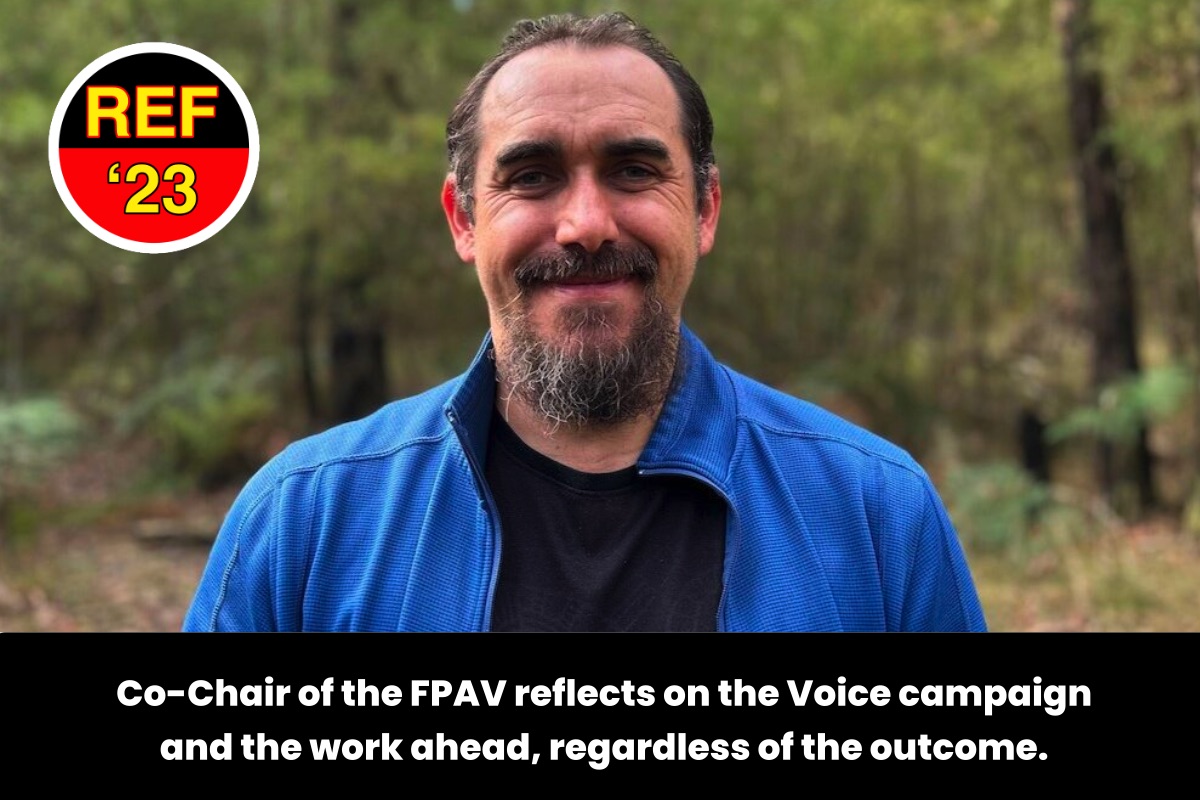
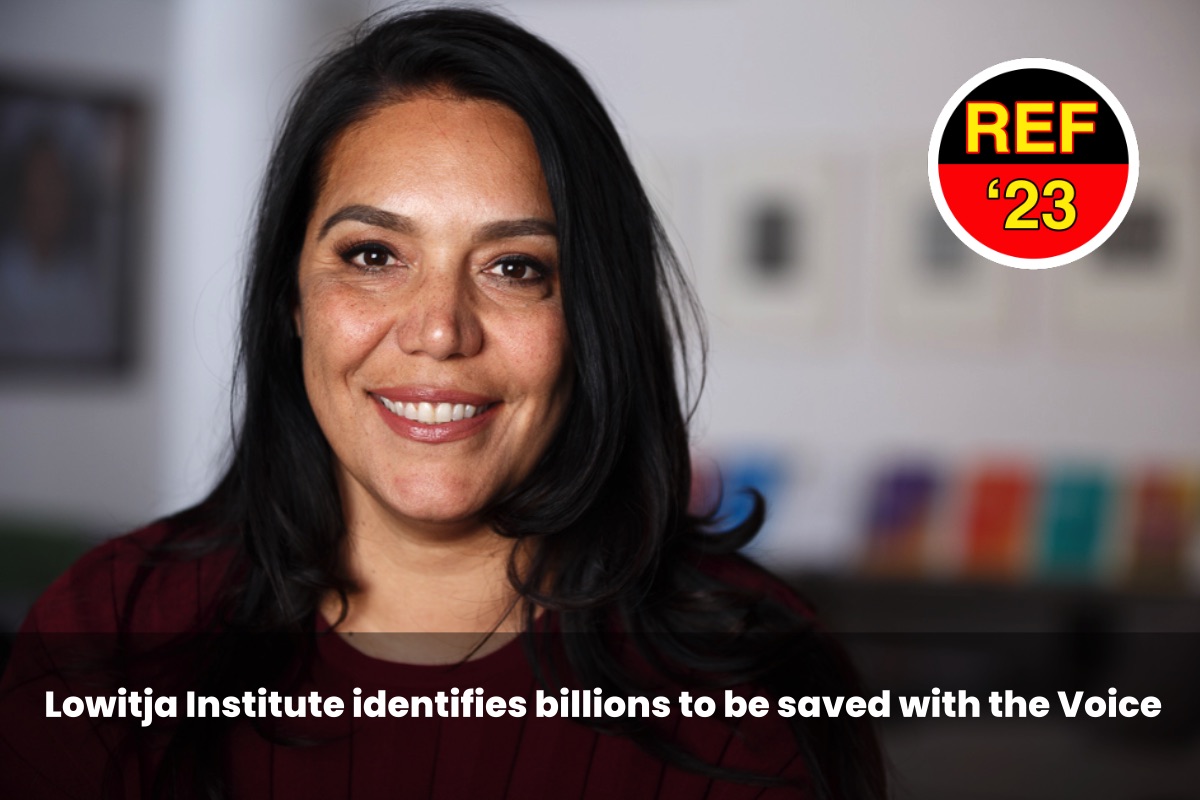
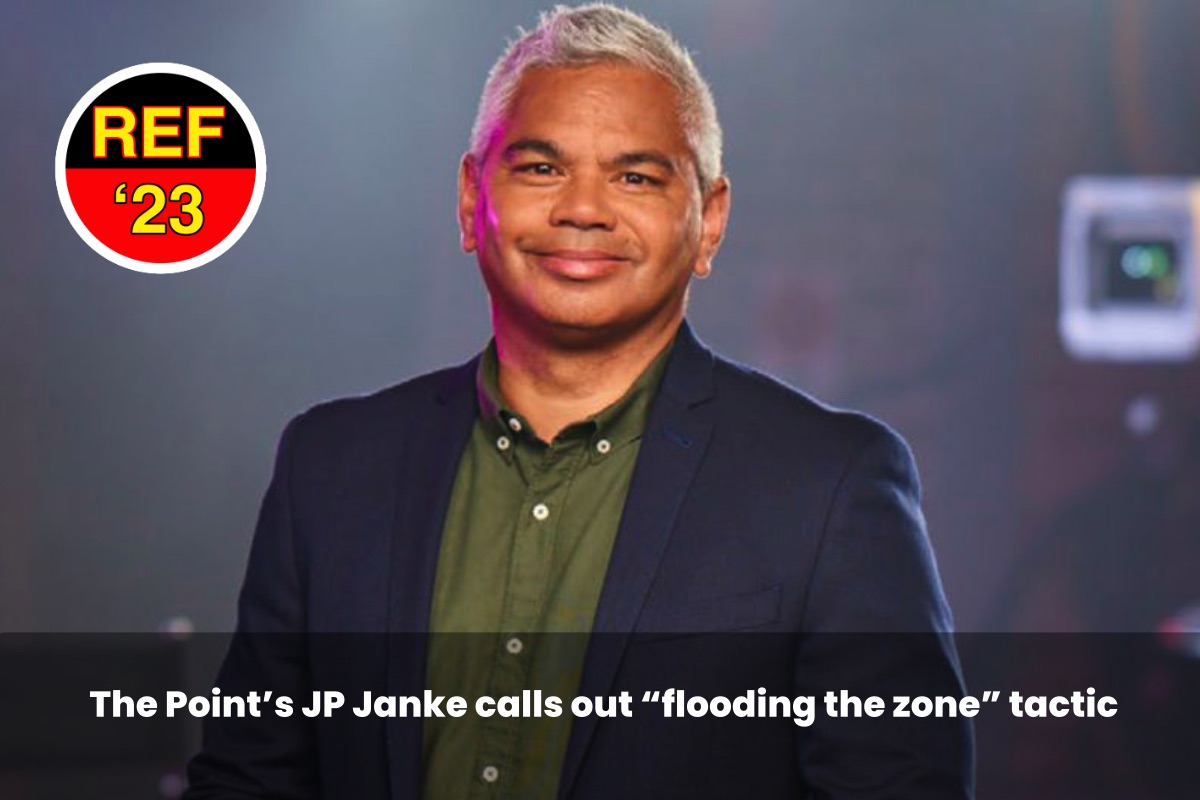
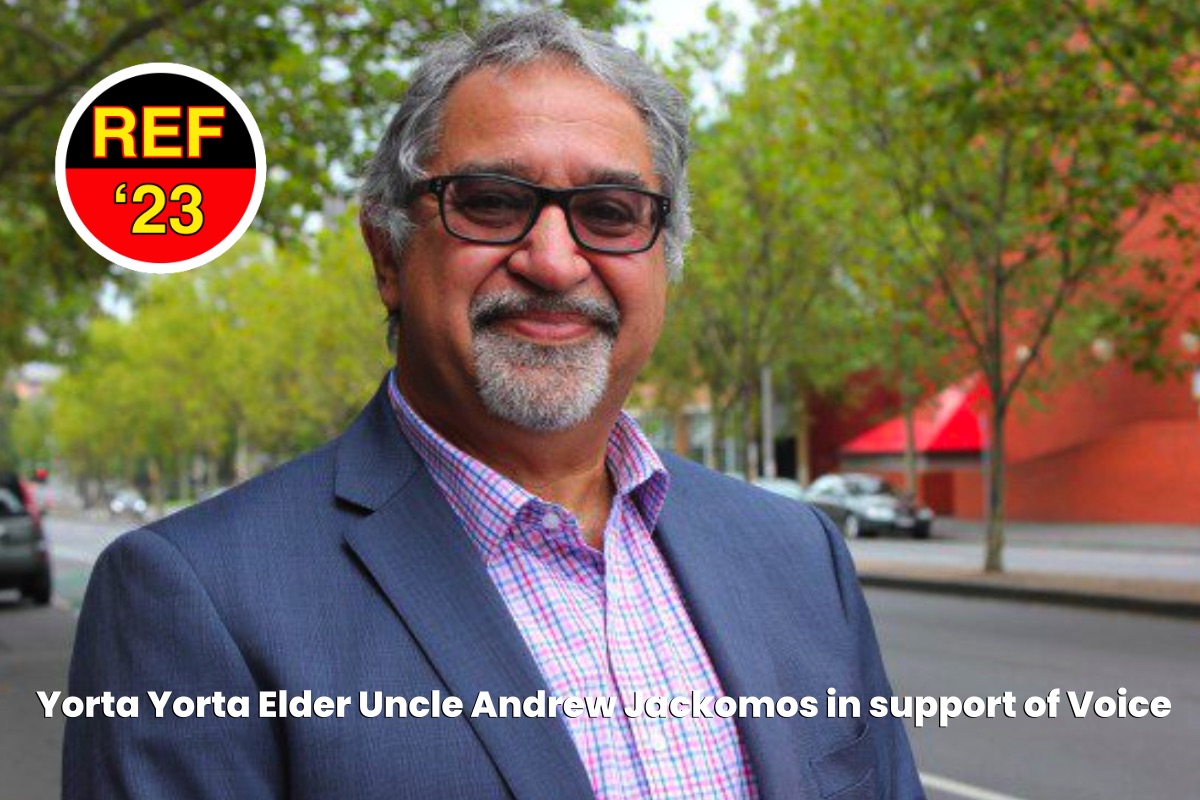
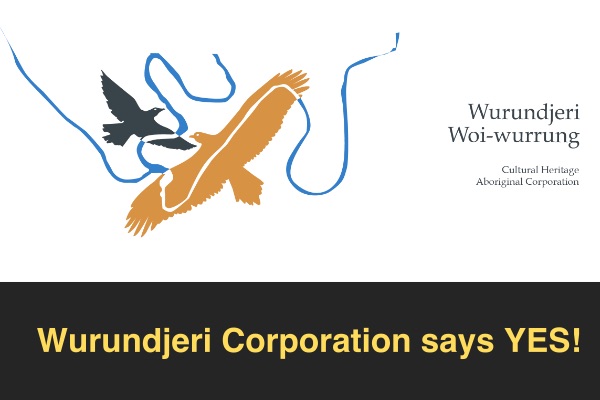

0 Comments